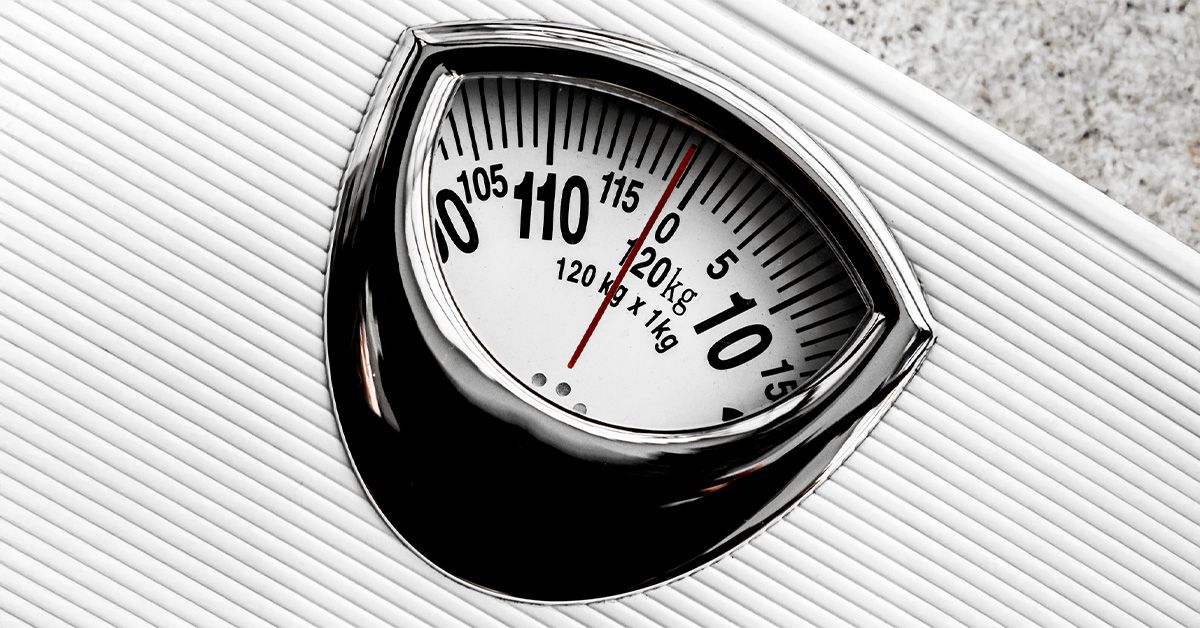Weight Gain and Heart Disease: Unraveling Postmenopausal Breast Cancer Risk
As evening settles over Lyon, France, the hustle of life continues in its cafes and alleys, yet within the confines of laboratories, scientists are unraveling a grim association. New research led by the International Agency for Research on Cancer (IARC) delves into a stark reality: excess weight and heart disease might constitute a deadly trifecta, raising the specter of breast cancer for countless women in the twilight of their lives. While heart disease and type 2 diabetes have long been known to exert significant health impacts, their connection to breast cancer—a fear that preys upon so many postmenopausal women—has only begun to emerge in scientific discussions.
Research Background
The study, recently published in the American Cancer Society’s journal Cancer, utilized data derived from over 170,000 participants drawn from two robust European prospective cohort studies. The focus was narrow yet critical: examining the link between body mass index (BMI), cardiovascular disease (CVD), and breast cancer risk among women aged 60 and above. With a median follow-up period of around 11 years, researchers specifically targeted women without any history of CVD, type 2 diabetes, or breast cancer, aiming to isolate the variables contributing to these grave health issues.
The statistics are sobering. The research revealed that women with a BMI classified as overweight or obese who subsequently developed CVD increased their risk of breast cancer by a staggering 31%. This contrasts sharply with a mere 13% increase in breast cancer risk for women without CVD. During the study period, nearly 7,000 women developed breast cancer, rendering the findings even more urgent.
The Role of Body Weight and Hormones
Heinz Freisling, PhD, lead author of the study, elaborated on the underlying mechanisms linking these health issues, noting, “Excess body weight can lead to chronic inflammation, high insulin levels, and dysregulated cholesterol that compromise cardiovascular health. These same factors—when left unchecked—can promote the development of breast cancer.” Freisling explained that adipose tissue secretes hormones, most notably leptin, that can stimulate cell division in breast tissue and suppress immune responses.
- Chronic Inflammation: Heightened adipose tissue can result in constant inflammation, potentially initiating cancerous processes.
- Insulin Resistance: Elevated insulin levels contribute to abnormal cell growth and proliferation.
- Dysregulated Hormone Levels: Hormonal imbalances can encourage the development of tumors in breast tissue.
Perspectives from the Field
Experts highlight not only the statistical findings but also the preventive measures that postmenopausal women can adopt. Christopher Berg, MD, a noninterventional cardiologist specializing in cardio-oncology, acknowledges the implications of these findings: “This research demonstrates a critical nexus between cardiovascular risk factors and breast cancer, suggesting that preventing CVD can also reduce breast cancer risk. It’s a multidimensional approach to women’s health.”
As women’s healthcare evolves, integrating cardiovascular health into discussions about cancer screening and prevention may become paramount. Berg recommends specific strategies for women:
- Engaging in regular physical activity—aiming for at least 150 minutes of moderate-intensity exercise per week.
- Avoiding excessive alcohol consumption.
- Quitting smoking.
- Making heart-healthy dietary choices, such as following the DASH (Dietary Approaches to Stop Hypertension) or Mediterranean diet.
The Dietary Perspective
Bhavana Pathak, MD, a board-certified hematologist and medical oncologist, echoed the importance of diet, stating, “Incorporating more whole foods, including fruits, vegetables, and grains, is essential not only for maintaining a healthy weight but also for bolstering the immune system to combat cancer.” The emphasis on strength training to retain metabolically active muscle closer further underlines the proactive measures that can combat these intertwined risks.
Ultimately, these findings and recommendations challenge preconceptions about health after menopause. Both researchers and medical professionals are advocating for a holistic view of health that not only seeks to mitigate the risks of heart disease and diabetes but also addresses cancer prevention in tandem. As the complexities of medical research unfold, one thing remains clear: the paths crossed by weight gain, cardiovascular health, and breast cancer create an urgent urgency for comprehensive strategies that protect women’s health.
Source: www.medicalnewstoday.com


